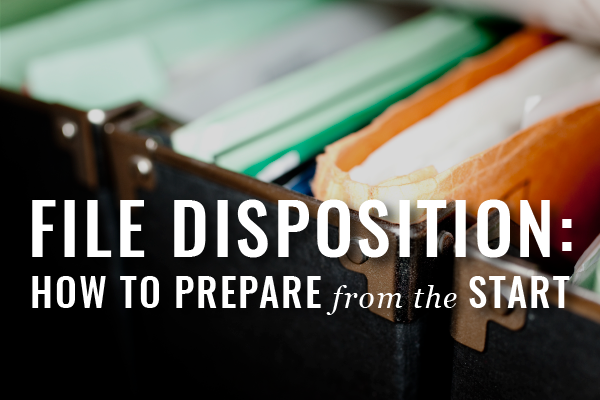Late-comers to the paperless revolution almost always desire to get a fresh start. The proposed plan is most often to start moving to a paperless system by a heavily settled date, at which point the existing motherlode of paper files will be forthwith destroyed. . . . Only, it isn’t quite that simple: you’ve got to go get your clients’ permission before you dispose of their files; if you don’t, you have to make reasonable efforts to reacquire it — and, that can become a burdensome task, especially if your relationship has frayed, or stagnated. The better course, then, is to become proactive about how you will manage the life of your files, before you get rid of them.
The best course of action is to memorialize the proposition by acquiring your client’s informed consent via a clause in your fee agreement. I have discussed this option in detail, and linked to a sample clause, here. (We’ve got more template clauses and fee agreements available here.) Of course, if you’re expecting that you’ll just remember to dispose of your files at some far distant remove, remember this: it ain’t gonna happen. So, schedule a destruction date for each file in your case management system, at the time you close the case. The reminder will serve to jog your memory, where your memory alone might fail.
Certainly, the paperless option streamlines the entire document management process. In the main, going paperless means that, rather than having to store file boxes of papers, you’re instead looking at virtual documents, which take up space only on your hard drive (and/or or someone else’s). Given the far reduced cost of electronic storage, you can hang onto your files forever, if you want to. And, many attorneys choose that route, suspecting that the next malpractice claim lies around every ancient corridor. But, that’s only an option, and not a requirement.
RELATED UPDATE: New Rule on Client Files Will Provide Clear Guidance for Lawyers (Mass BBO, 2018)




